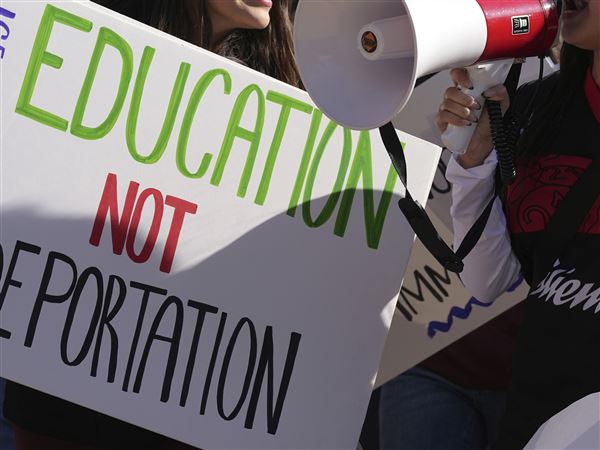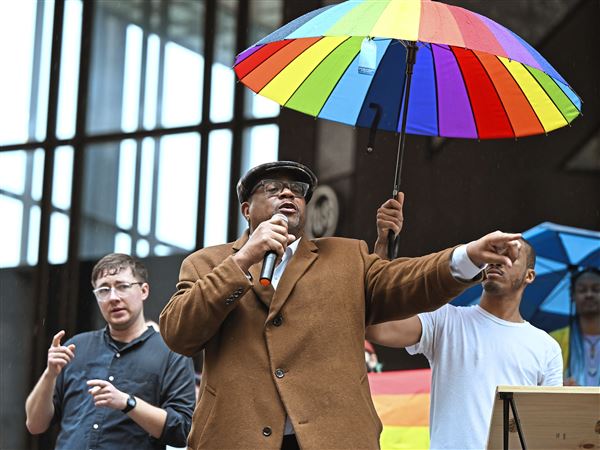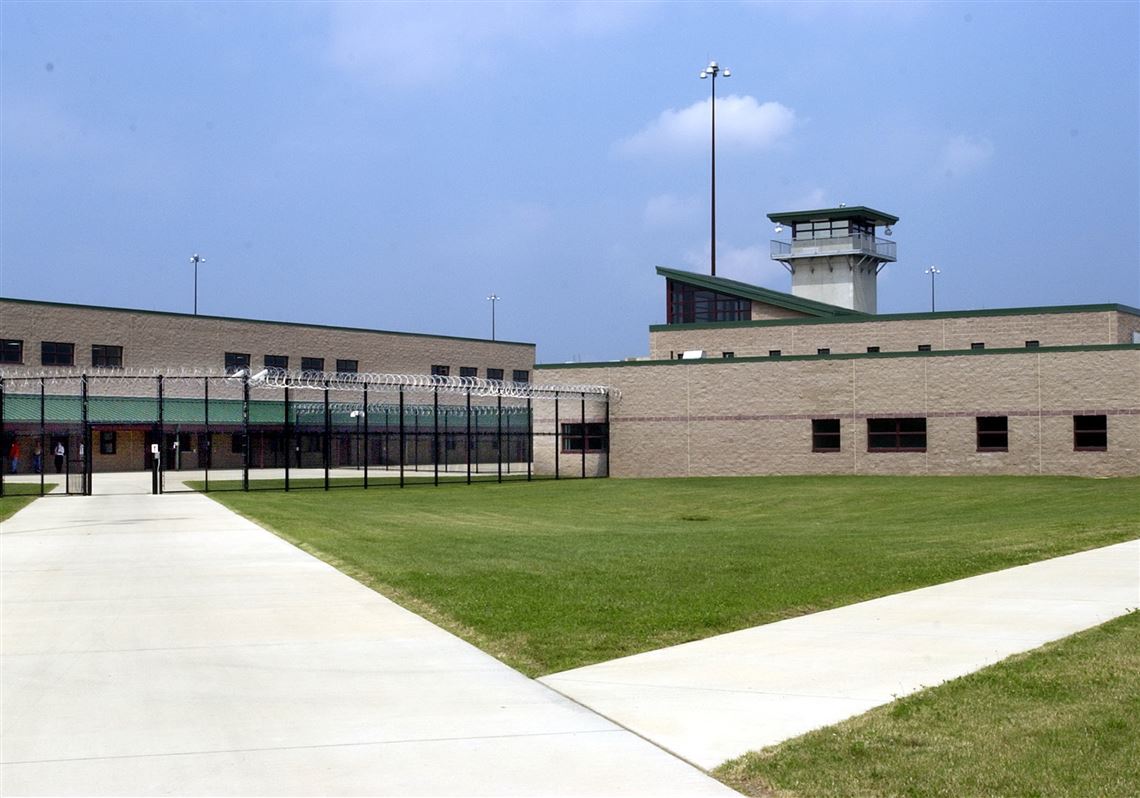On Monday, inmates who have collectively spent decades in solitary confinement filed a lawsuit, through the Pittsburgh-based Abolitionist Law Center, against the Pennsylvania Department of Corrections. The suit reflects what experts have known for decades: Solitary confinement only harms the incarcerated, especially those with mental illnesses, and reduces their ability to succeed when they leave the facility.
It should be banned across the commonwealth and the country, for people with mental illness and for everybody.
This comes nearly a decade after the DOC settled a lawsuit by agreeing to prohibit seriously mentally ill inmates from being held in long-term isolation. The suit claims these practices continue in violation of the Americans with Disabilities Act and the Eighth Amendment prohibiting cruel and unusual punishment.
There are many names and classifications of solitary confinement, also known euphemistically as “administrative segregation,” in Pennsylvania’s criminal justice system. The Allegheny County Jail, for example, has a “segregated” housing unit on the top floor, where inmates who are considered to be dangerous are placed, either in cells along the perimeter or in a cage in the center of the room.
The lawsuit’s definition of solitary confinement is broad, acknowledging the more insidious mental damage caused by a lack of any environmental stimulation. For them, solitary is “defined less by the purpose for which it is imposed, or the exact amount of time during which prisoners are confined to their cells, than by the degree to which they are deprived of normal, direct, meaningful social contact and denied access to positive environmental stimulation, programming, and activity.”
Even under this broad definition, the experiences of the plaintiffs are clearly egregious violations of the 2015 settlement, of the Constitution and of human dignity.
Khalil Hammond, 35, was diagnosed with depression, bipolar disorder, ADHD and PTSD prior to his incarceration. After 10 years in solitary, he still can’t participate in programs that would make him parole-eligible, speak to his family regularly or marry his long-time girlfriend. David Thompson, 25, was diagnosed with depression and anxiety when he was still in elementary school, and has spent a total of five years in solitary confinement. After an attempt to hang himself in 2020, he was pepper sprayed by correctional officers, issued a misconduct and again placed in solitary confinement.
Studies of people in these conditions show how, within hours, isolation can begin to measurably affect the brain. Delirium, psychosis, depression and hallucinations all become more likely. While 5% of Pa. state inmates are in solitary confinement at any given time, 40% of suicide attempts happen there.
This lawsuit underscores what has been known about America’s carceral system for decades: Its punitive and inhumane conditions lead to mental deterioration, damaging the very people they claim they are trying to reform.
Eliminating solitary confinement for seriously mentally ill people, as argued in this lawsuit and by a bill now before the legislature, is a basic, obvious reform. But solitary confinement shouldn’t be meted out to anyone. In denying the incarcerated human contact, the practice denies their humanity, and nothing can ever justify that.
First Published: March 6, 2024, 10:30 a.m.
Updated: March 6, 2024, 2:48 p.m.

















